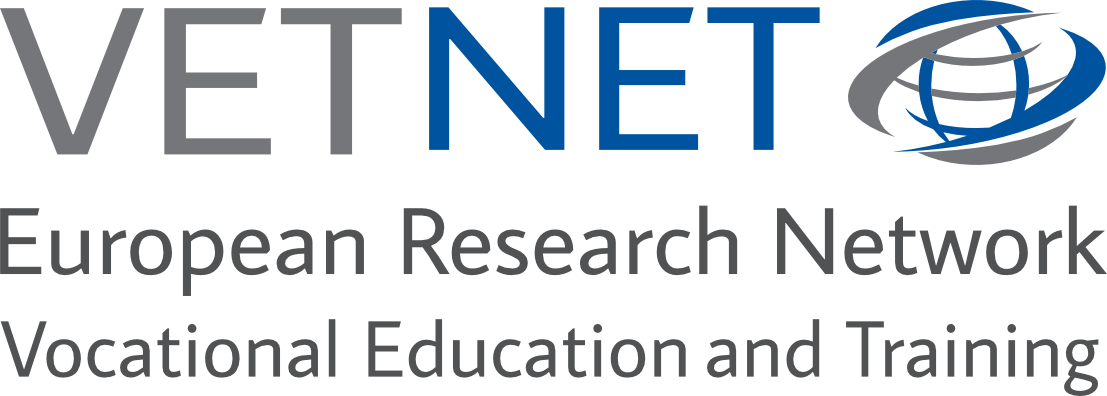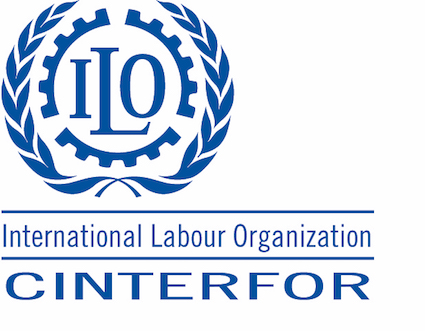Professional Desires and Career Decisions: Effects of Professional Interests, Role Models, and Internship in Lower Secondary School
DOI:
https://doi.org/10.13152/IJRVET.5.3.5Keywords:
VET, Vocational Education and Training, Career Decision, Professional Role Model, Internship, Professional InterestAbstract
Context: Following the social cognitive career theory of Lent, Brown, and Hackett (1994), the current study examines the effect of role models’ professions and practical internship experiences on the choice of professional environment independent of professional interests. Embedded in the Swiss context with its strong vocational training system, the paper outlines to what extent the desired professional environment is realized in the chosen apprenticeship two years later and how this realization can be predicted. The theoretical model proposes that students form direct professional experiences during their first internship(s). If those experiences are positive, students choose an apprenticeship in the same professional environment. Students have indirect (vicarious) professional experiences through their role models. If those experiences are positive, students choose an apprenticeship in the role model’s professional environment. The study examined whether, independent of professional interests, direct experiences in internships and indirect experiences through role models’ professions predict the realization of a desired professional environment in an apprenticeship.
Method: The longitudinal sample consists of N = 348 seventh- and ninth-grade students from four German-speaking Swiss cantons. Professional interests and environments were measured using standardized questionnaires. The professional environments of the desired professions, the chosen apprenticeships, the role model’s professions, and the internship’s professions were coded using Holland’s (1997) interest types: realistic, investigative, artistic, social, enterprising, and conventional (RIASEC).
Results: In 53% of the cases, students chose an apprenticeship in the professional environment they desired. In 53% of the cases, the chosen professional environment corresponded with the professional environment of the student’s two most important role models. In 39% of the cases, those role models were their parents. By means of logistic regression analyses, we can show that role models’ professional environments and the professional environment of the first internship influenced the realization of the desired professional environment at the end of lower secondary school, independent of the effect of the individuals’ interests.
Conclusions: Results show that direct professional experiences in internships and indirect experiences of role models influence the realization of the desired professional environment, independent of professional interests. In a contextual approach, career counselling should include the role model’s profession and how it corresponds with the client’s interests and professional desires. Moreover, role models, especially parents, have a responsibility to reflect on how their goals influence students’ career choice processes.





